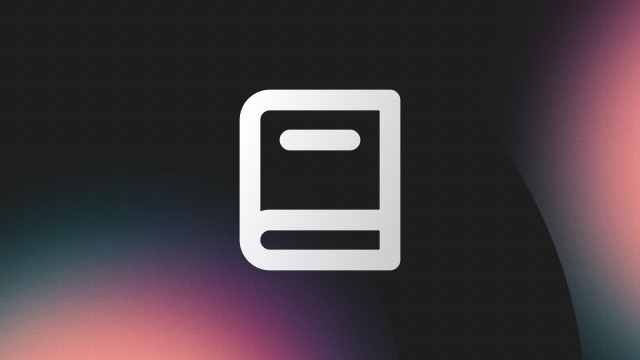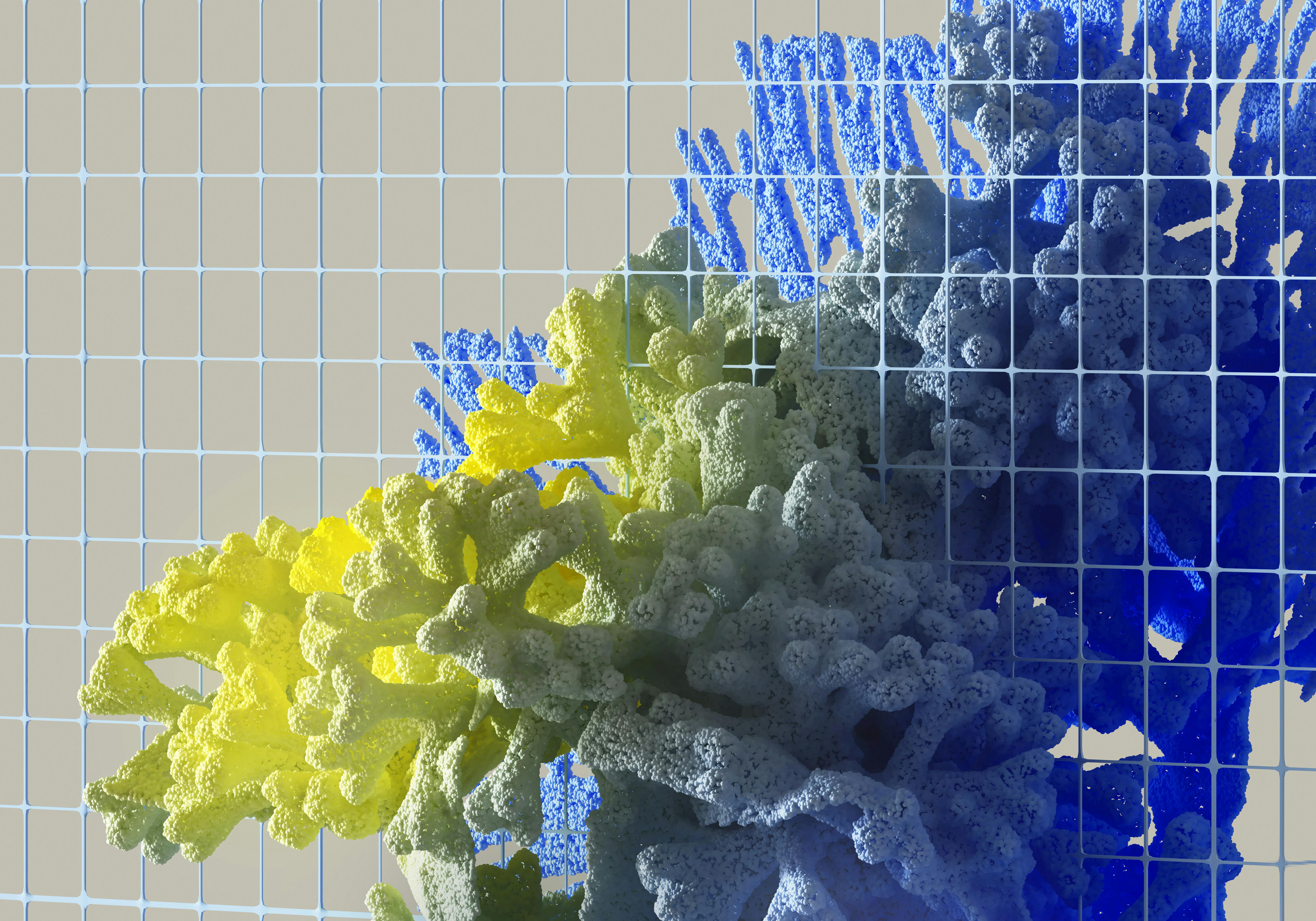What is Data Confidentiality?
Data confidentiality is a set of rules or a promise that limits access or places restrictions on any information that is being shared. Data confidentiality is a component of information security and privacy.
In order to maintain data confidentiality, a system or network must prevent unauthorized people from accessing sensitive data while allowing authorized users to do so.
Data confidentiality typically refers to the protection of customer or user information from unauthorized access, such as credit card numbers, social security numbers, driver's license numbers and addresses.
Why is Data Confidentiality important?
Advances in technology have led to a data explosion. The ability to easily store, share and transfer data has vastly increased organizations’ data footprints. The volume of data being generated and handled by organizations has increased exponentially over the past decade. This, coupled with the fact that their critical business or operational data is constantly under threat from malicious insiders and external hackers, makes it even more important for them to protect their sensitive information. Data confidentiality ensures that only authorized users have access to sensitive business data.
Data confidentiality has recently become a point of contention amongst large tech companies and consumer rights activists. This is seen in the various scandals that have come to light with Facebook and selling user's data without their explicit consent, and with implementation of new legislation that protects the rights of user's data (i.e. GDPR in the European Union). With this new scrutiny of tech companies and how they're using user data, it's more important now than ever to ensure users are aware of how their information is being used, who has access to it, and for how long.
How to maintain Data Confidentiality?
To maintain data confidentiality, organizations use encryption, access control and other means to prevent sensitive information from getting into the wrong hands. There are two broad categories of methods for ensuring data confidentiality:
- Network-based approaches. These include firewalls, intrusion detection systems and virtual private networks (VPNs). Network-based solutions prevent unauthorized access to a network or system at the network layer.
- Application-based approaches. These include encrypting files on disk and in transit, as well as using strong passwords and access controls to limit who can see certain files or databases. Application-based solutions prevent unauthorized access to data at the application layer.
While encryption is a key tool for maintaining data confidentiality, it does not provide a comprehensive solution for all types of confidential information. Even with encrypted data at rest — whether it's on a laptop or in a database — an attacker could potentially gain access by compromising the server or workstation where it's hosted. And with plaintext traffic, an attacker could potentially intercept it in transit and decrypt it later, especially if they have access to an unpatched flaw in the protocol being used.
Features of a Data Confidentiality Tool
- Prioritizes relevant sensitive data standards. There are a number of legislations and policies dependent on geographical location, types of data being exchanged, and who the data is being exchanged between, that different organizations will need to follow.
- Multi-factor authentication. This requires users log in user multiple methods to confirm they're the authorized user to the data.
- Data anonymization and deduplication. This not only keeps data hygiene up to standard, but adds an extra layer of security by veiling some or all of the data collected.
- Access management. This feature makes it easy for different users to have access to different assets.
- Database support. You'll want to find a tool that is compatible with your current data stack and warehouse.
Examples
Data confidentiality is a critical aspect of data security, especially when sensitive or private information is involved. Here are some examples and use cases for data confidentiality:
- Healthcare Records: Protecting patients' medical records is paramount. Hospitals and healthcare providers use data confidentiality measures to ensure that patient information, including diagnoses, treatment plans, and personal identifiers, remains secure and accessible only to authorized personnel.
- Financial Transactions: In the financial sector, data confidentiality is essential to safeguard customer data, including bank account details, credit card numbers, and transaction histories. This ensures that sensitive financial information is not exposed to unauthorized individuals or cyberattacks.
- Government and National Security: Government agencies and intelligence organizations handle classified information and national security data. Data confidentiality measures are crucial to prevent espionage, cyber threats, and unauthorized access to sensitive government data.
- Legal and Attorney-Client Privilege: Law firms and legal professionals must maintain strict data confidentiality to protect attorney-client privilege. Legal documents, case records, and client communications must be kept confidential to uphold the integrity of the legal process.
- Intellectual Property: Companies in industries like technology, pharmaceuticals, and entertainment rely on data confidentiality to protect their intellectual property, trade secrets, and proprietary information from theft or corporate espionage.
- Human Resources and Employee Records: Organizations store confidential employee data, including personal identification, salary information, and performance reviews. Maintaining data confidentiality in HR systems is crucial to protect employee privacy and comply with labor laws.
- Research and Development: Companies involved in research and development invest heavily in protecting their confidential research findings, product designs, and proprietary formulas. Data confidentiality ensures that competitors do not gain access to critical information.
- Customer Personal Information: Retailers, e-commerce platforms, and online service providers collect and store customer data, including names, addresses, and payment information. Data confidentiality helps prevent data breaches and identity theft.
- Education Records: Educational institutions must protect student records, transcripts, and assessment results. Data confidentiality in the education sector helps maintain student privacy and comply with regulations like the Family Educational Rights and Privacy Act (FERPA).
- Customer Communications: Companies that engage in confidential communications with customers, such as legal firms, healthcare providers, and counseling services, rely on data confidentiality to ensure that sensitive discussions and correspondence remain private.
- Supply Chain and Trade Secrets: Manufacturers and businesses involved in the supply chain often deal with sensitive data, including supplier lists, pricing strategies, and manufacturing processes. Data confidentiality safeguards these trade secrets.
- Nonprofit Organizations: Even nonprofit organizations handling donor information and sensitive charitable initiatives must prioritize data confidentiality to maintain trust and protect donor privacy.
In these examples, data confidentiality measures, such as encryption, access controls, data masking, and strict policies, play a crucial role in safeguarding sensitive information from unauthorized access or disclosure, thereby preserving data integrity and maintaining trust with stakeholders.






